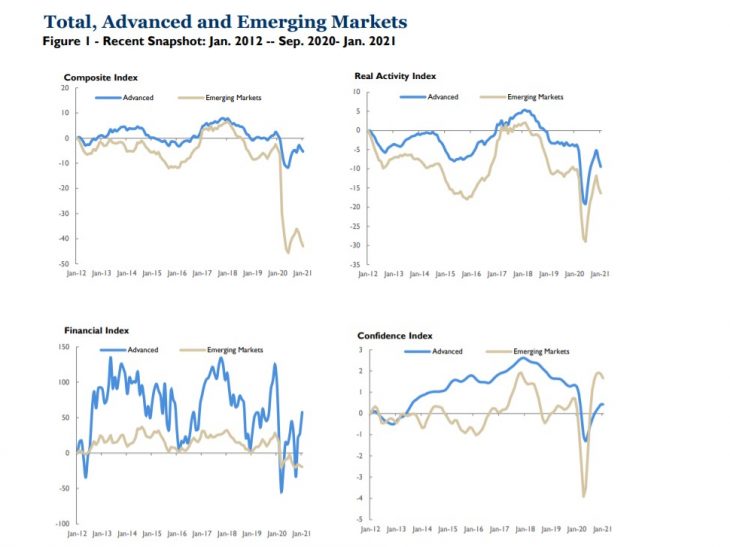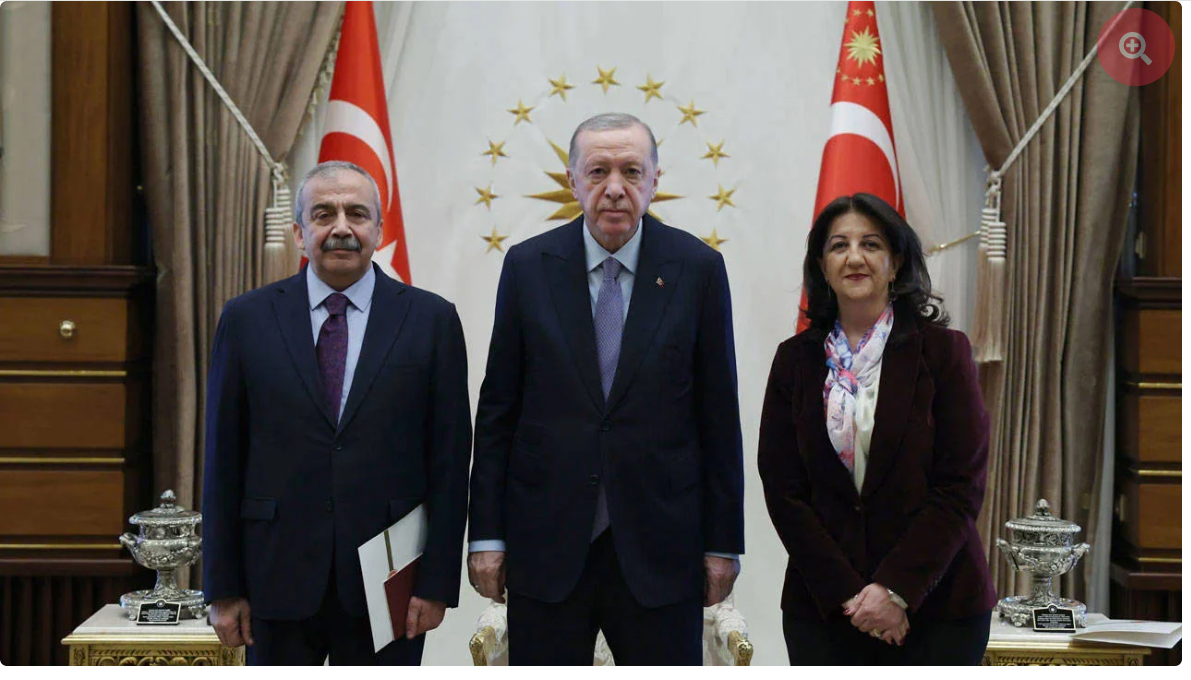Fitch Q&A: Will Trump residency REALLY benefit Turkey?
 trump-em
trump-em
Executive Summary
In this analysis, we explore what a Donald Trump presidency in the US might mean for Turkiye.
Key vectors of impact will be potential US tariffs, higher US yields, a stronger dollar, and greater geopolitical uncertainty.
We struggle to see Trump and Turkish President Recep Tayyip Erdoğan’s apparently strong personal relationship leading to any meaningful mitigation of the adverse economic effects that may hit Turkiye.
How would tariffs on all US goods imports impact Turkiye?
We recently modelled the impact of a 10% universal tariff on US goods imports, and while this has limitations – for instance it does not consider likely retaliatory tariffs – it gives a good baseline for our analysis. Assuming tariffs hit in Q2 2025, our modelled scenario foresees a hit to global GDP growth of -0.28pp in 2025 and -0.56pp in 2026. Turkiye escapes with a more modest -0.11pp hit in 2025 and -0.29pp in 2026. The downside to Turkish growth comes in much lower than the global average owing to other markets having much higher goods exports to the US, for instance, we would expect Vietnam, Hong Kong (China), Canada, and Indonesia to all take a much bigger hit.
How strong is Erdoğan and Trump’s relationship?
Erdoğan’s personalistic methods of fostering foreign policy successes worked well in anchoring a close relationship with Trump during his first term. These efforts fell apart under the presidency of Joe Biden; the relationship between Erdoğan and Biden soured following the latter’s support of Israel in its war with Hamas that began in late 2023. Meanwhile, Trump and Erdoğan have allegedly maintained a close relationship, marked by mutual admiration and frequent communication, even amid some strains in US-Turkiye relations during Trump’s first term. Trump often referred to Erdoğan as a “friend” and commended him as a strong leader. In return, Erdoğan expressed his congratulations to Trump on his election victory and voiced hopes for stronger bilateral ties. He also lauded Trump’s courage following an assassination attempt during the campaign.
However, their personal connection did not always ensure smooth diplomatic relations during Trump’s first term, in which several issues strained relations. These included Turkiye’s acquisition of Russian S-400 missile systems, its removal from the F-35 fighter jet program, and US sanctions imposed on Turkish officials over the detention of American Pastor Andrew Brunson.
Despite these challenges, many in Erdoğan’s circle believe that Trump’s pragmatic approach and their similar leadership styles could foster productive cooperation on broader goals. Erdoğan has extended an invitation to Trump for an official visit, aiming to reset relations and tackle key issues like the F-35 program and regional conflicts. The release of Brunson in 2018 and the October 2024 death of Turkish dissident Fethullah Gülen (leader of the Gülen movement) who had sought refuge in America while Turkiye requested his extradition clear two previous point of contention. This could ease the way for an easy relationship on the pair’s personal bond. However, it is worth noting that there are few tangible achievements to point to during Trump’s first term, with many promises not translating into significant progress. Furthermore, relations with Israel will likely remain a key area of dispute, as we discuss later in this note.
What do higher US rates mean for Turkiye?
Higher US yields under Trump’s likely inflationary policies imply higher USD funding costs and a stronger dollar, which could have material impacts due to Turkiye’s large exposure to external debt (typically USD denominated). Turkiye’s external debt pile has increased over recent years, up from 35.3% of GDP in Q1 2010 to an estimated 45.8% in Q2 2024. Furthermore, the composition of external debt has become much less favourable with 21.9% short-term in Q1 2010 compared to 34.9% in Q2 2024.
Higher USD borrowing costs pose downside to bank’s profitability, while we believe that there remain some risks to sector stability which could be exacerbated by tariffs.
What do higher US rates mean for the lira?
We believe that the lira could be vulnerable to aggressive weakening as higher yields continue to drive a stronger dollar (which would in turn exacerbate external financing weaknesses). It was somewhat surprising that the Turkish lira was perhaps the only currency that gained (slightly) on the dollar after Trump’s victory, with other major EM currencies struggling under fairly sizable selloffs.
Excerpt from a much longer analysis, to read it in its entirety, click this link
Follow our English language YouTube videos @ REAL TURKEY: https://www.youtube.com/channel/UCKpFJB4GFiNkhmpVZQ_d9Rg
And content at Twitter: @AtillaEng
Facebook: Real Turkey Channel: https://www.facebook.com/realturkeychannel/






